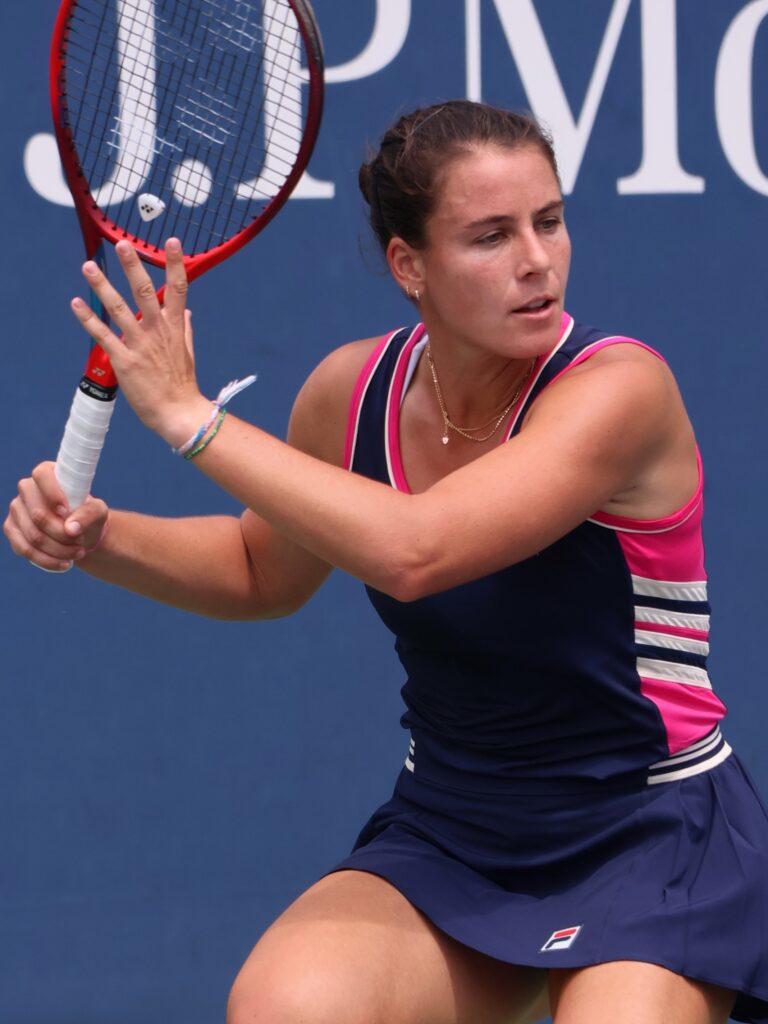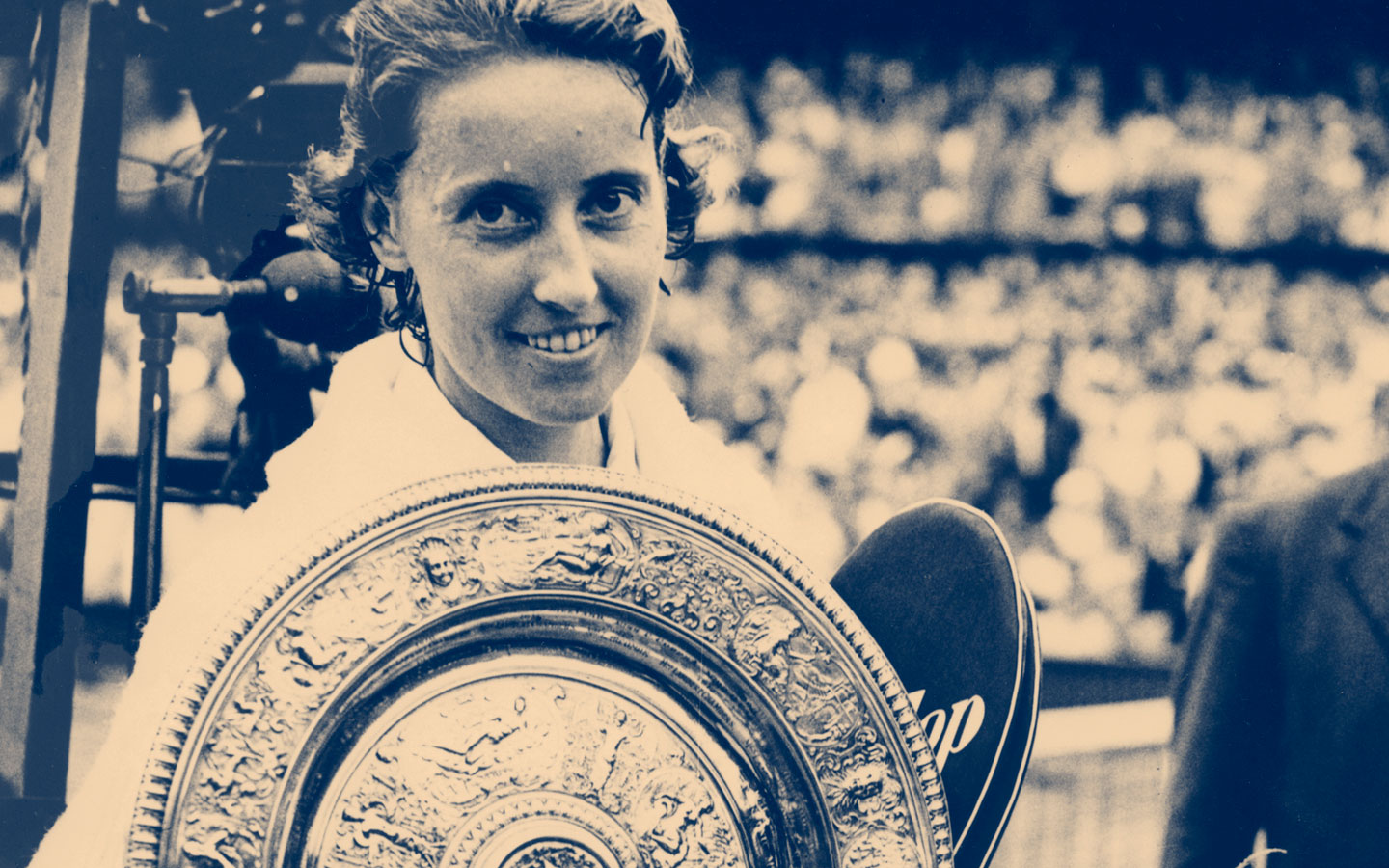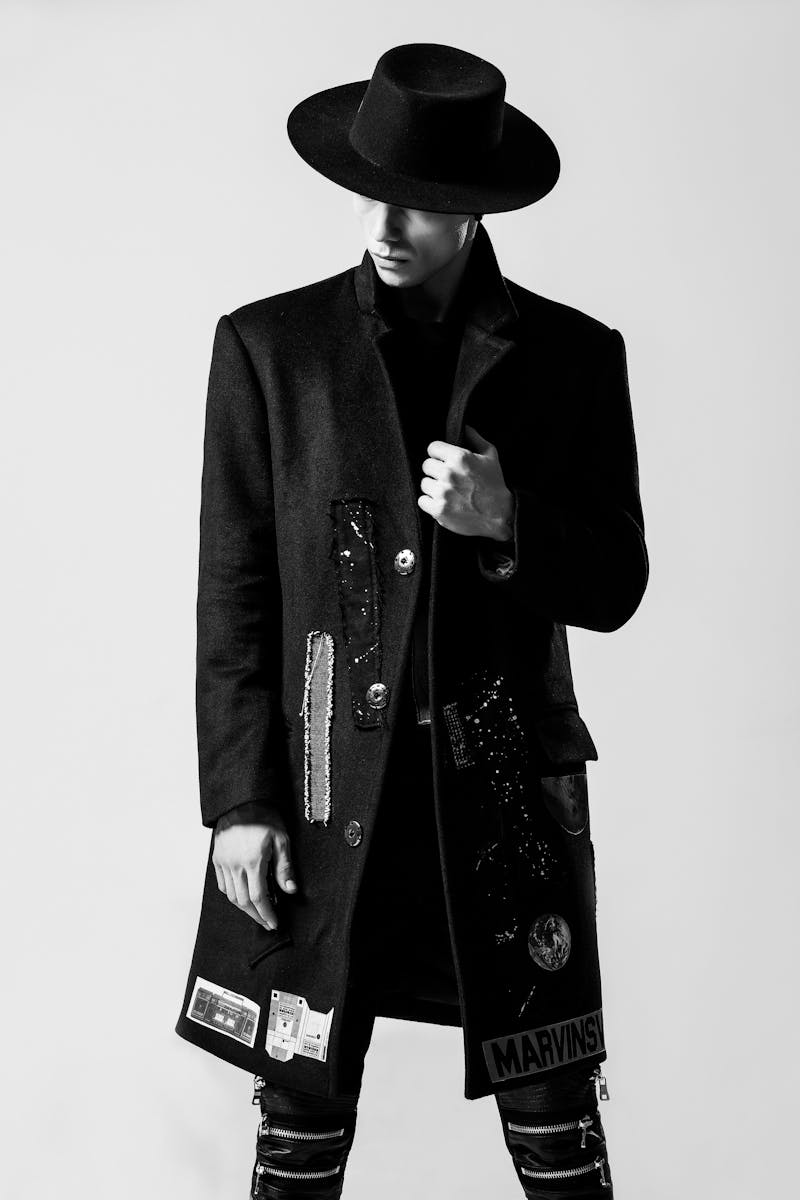
The Champ de Mars Arena in Paris became an early focal point of controversy during the nascent stages of the Olympic Games, swiftly demonstrating the intense reluctance of athletes to yield ground without a formidable struggle. As the global race to achieve podium finishes intensifies, several nations are already accumulating a significant haul of hardware, showcasing their athletic prowess to the world. Among these, Japan has promptly registered two medals, with judoka Ryuju Nagayama positioned at the center of a particularly notable incident.
Just hours into the competition, Nagayama found himself at the nexus of a contentious ruling within the French capital. Following a disqualification, the three-time World Masters gold medalist controversially declined to depart the mat, a decision that elicited widespread condemnation from the judo community, which lambasted his behavior as “unsportsmanlike.” Despite this considerable backlash, the 28-year-old athlete nonetheless made a significant contribution to his nation’s pursuit of Olympic glory.
After his defeat at the hands of Spain’s Francisco Garrigos, the two-time World Championships bronze medalist was observed gazing at the referee with evident disbelief, according to reporting by The Japan Times. While some spectators expressed displeasure with his demeanor toward his opponent, Nagayama’s eventual bronze medal marked Japan’s inaugural Olympic medal at this year’s Games, potentially serving as an inspiration for his teammates to augment the nation’s overall medal count.

Japan has deployed a contingent of 403 athletes to the Paris Olympics, many of whom possess the demonstrable capability to overcome their adversaries and contend for gold. Among this formidable group, Nagayama, the 2022 Asian Championships gold medalist, had been widely considered a favorite to secure a position on the podium. While his ultimate placement on the podium might have been different, his achievement undeniably instilled a crucial surge of confidence among his fellow athletes.
Garrigos achieved victory over Nagayama via ippon following a chokehold maneuver. However, the point awarded to the Spanish judoka subsequently became the subject of extensive debate, as Garrigos was reportedly seen failing to release the choke even after the referee issued the command “matte,” which signals a pause in action and requires the release of holds. This incident visibly disoriented the Japanese star to such a degree that he noticeably declined to shake his opponent’s hand, ultimately departing the mat only after executing a traditional bow.
While Nagayama was grappling with the profound difficulty of his loss, another of his compatriots was simultaneously achieving her own significant success. On a different section of the Champ de Mars Arena, 31-year-old Natsumi Tsunoda secured a gold medal in the women’s -48kg category, an achievement that occurred mere moments after Nagayama’s elimination from the competition for his own elusive maiden Olympic gold in the City of Love.

Tsunoda’s victory not only delivered Japan its first gold medal of the tournament but also significantly enhanced the female judoka’s already distinguished reputation as one of the world’s foremost practitioners in the sport. The three-time World Championships gold medalist navigated a challenging path to her crown, triumphing over Mongolia’s Baasankhuu Bavuudorj and France’s own Shirine Boukli with remarkable consistency, winning every single match by ippon.
While Nagayama’s controversy regrettably appeared to overshadow his teammate’s monumental success for a period, he was compelled to set aside his personal disappointment and concentrate on the immediate competitive demands. Later the same day, Ryuju engaged in a repechage match against Taiwan’s Yung-wei Yang, an opportunity to potentially redeem himself after his earlier contentious exit.
Indeed, the initial scene surrounding Ryuju Nagayama’s defeat in the quarter-final of the men’s under 60kg competition was described as farcical. The 28-year-old’s refusal to leave the mat after Francisco Garrigos was awarded an ippon for a chokehold became a widely discussed moment. The Spaniard’s apparent continuation of the choke after the referee called “matte” fueled Nagayama’s intense reaction, which began with a despondent shrug before he conspicuously snubbed Garrigos’s offer of a handshake.
Read more about: F1 2023 Power Rankings: Our Pre-Season Look at Every Team

Nagayama’s protest extended further, as he engaged in explicit hand gestures and appeared to passionately plead for a replay review of the decision. Despite his prolonged protest, he eventually, albeit reluctantly, bowed to the mat, though his actual departure from the arena was delayed for several minutes. Reflecting on his performance, Nagayama articulated his profound dismay at not being able to emulate his compatriot’s previous triumph, stating, “Naohisa Takato, who is here, won the gold at the Tokyo Olympics, and I feel a lot of regret that I didn’t win as well.”
Despite this initial public display of frustration, Nagayama subsequently regained his composure, progressing through the repechage bracket. He secured a victory against Yang Yung-wei of Taiwan before ultimately claiming a bronze medal with a decisive win over Turkey’s Salih Yildiz. For his part, Garrigos, after losing to the eventual champion Yeldos Smetov of Kazakhstan in the semi-finals, also secured a bronze medal in a play-off match.
Public reaction to the incident largely favored Nagayama, with many spectators expressing strong opinions on social media platforms. On X (formerly Twitter), user @IOLuke1 asserted, “This was the biggest robbery in the history of the IJF and Judo itself. Shame on you Garrigos, you stole something that doesn’t belong to you! Nagayama is the real winner, absolutely horrible refereeing.” Similarly, @AVikram662 commented, “Absolute bull***t call in the Judo match with Ryuju Nagayama and Francisco Garrigos. How do you give a point when the play is dead? Fire that referee. Feel for Nagayama and Japan.” Another user, @vinsanstea, wrote, “Ryuju Nagayama’s composure damn it. Four years of preparation stolen in this way, I would have smashed Fran Garrigos and the referee then.”

Beyond Nagayama’s singular incident, the judo scene at this year’s Olympics has been marked by additional instances unlikely to be remembered for their grace or sportsmanship, especially when contrasted with historical precedents. Uta Abe, the reigning women’s gold medalist, was observed shrieking on the sidelines for several minutes following her loss in the second round, a notable display of public frustration.
Perhaps most egregious was the behavior of Georgian judoka Guram Tushishvili, who, in reaction to his defeat, delivered a kick to France’s Teddy Riner in the crotch and subsequently pushed his head into the mat. Such actions resulted in an immediate red card and disqualification, underscoring a stark departure from the sport’s traditional emphasis on etiquette.
This trend of unsportsmanlike conduct extended beyond the judo mat. Georgian fencer Sandro Bazadze, after his loss, unleashed a fit of anger, vociferously berating the referee and repeatedly shouting “shame.” He stubbornly refused to vacate the piste, even as the disapproving crowd responded with boos, further highlighting a growing deficit in controlled behavior.

In tennis, similar tensions emerged. American player Emma Navarro engaged in a tense exchange of words with her victorious opponent, China’s Qinwen Zheng. Navarro later disclosed to reporters, “I just told her I didn’t respect her as a competitor,” a candid admission of her post-match sentiments. The top-ranked women’s player globally, Poland’s Iga Swiatek, also appeared unable to process her loss to Zheng, refusing to shake hands with the chair umpire and conspicuously skipping several of her mandatory post-match interviews, raising questions about professional conduct.
Historically, sports have always featured competitors who struggle with defeat; figures like John McEnroe famously elevated the art of being a “sore loser.” However, the events witnessed at Paris 2024 suggest a worrying escalation in athletes’ inability to lose gracefully. This phenomenon, like many narratives within the realm of sports, appears to transcend mere athletic competition, hinting at deeper societal currents.
Consider the historical benchmark of sportsmanship set at the 1964 Tokyo Olympics. Akio Kaminaga, a Japanese judo champion, faced immense national pressure as he headed into the gold-medal match. The Games symbolized Japan’s resurgence after its wartime defeat, and judo, in particular, embodied profound national pride. The Japanese judo team was on the precipice of securing all the medals, with Kaminaga needing just one more victory against a formidable opponent: Antonius Geesink, a Dutch giant eight inches taller than him.

One primary culprit, according to some analyses, is the escalating pressure faced by contemporary athletes. Young athletes are now commencing their training at increasingly younger ages and dedicating substantially more time to intensive preparation than their predecessors. Furthermore, the financial stakes in sports have amplified considerably. Sponsorships now reward success even in less prominent sports such as handball and artistic swimming, and many athletes derive significant income as social media influencers. Numerous countries also provide their Olympic athletes with substantial monetary compensation, including large bonuses for medaling. Consequently, “Losing the gold can mean losing gold,” a reality that intensifies the pressure to win at all costs.
Another hypothesis suggests that boorish athletic behavior may be a reactive response to the ever-increasing scrutiny and attention. Stephen Garcia, a psychologist at the University of Michigan who specializes in the study of competition, noted that athletes frequently experience “evaluation apprehension,” a heightened stress response directly correlated with the number of people observing them. In the contemporary digital landscape, where virtually anyone with a smartphone can broadcast an event in real time, and both highlights and lowlights are perpetually preserved on social media feeds, the sensation of being constantly watched is more pervasive and potent than ever before, as Garcia explained.
An additional, more fundamental possibility posits that a broader societal shift towards increased selfishness may be at play. Studies have indicated that as nations achieve greater affluence, their citizens tend to become more individualistic. Given that exemplary sportsmanship largely involves the subordination of one’s own immediate emotions for the collective benefit and spirit of the group, it logically follows that a reduction in collectivist thinking could precipitate a greater incidence of emotional “blowups” on the field of play, as Matsumoto suggested.

This observable lack of self-regulation, moreover, extends beyond the confines of professional sports, reflecting a wider cultural phenomenon. The most prominent example of an ungracious loser, as the analysis points out, requires no introduction. Donald Trump’s unprecedented refusal to accept the results of the 2020 election marked a significant departure from established democratic norms. Since then, the practice of expressing doubts about election integrity has become notably contagious within the Republican Party, with a raft of GOP candidates in the 2022 midterms similarly declining to concede their losses.
Trump has also consistently rejected judicial decisions against him, including one jury’s finding of civil liability for sexual abuse and another’s criminal conviction for falsifying business records, dismissing them as illegitimate. A more charitable interpretation suggests that such stubbornness is less about deliberate falsehoods and more about projecting an image of unyielding strength. One might recall Hillary Clinton’s protracted campaign in the 2008 primaries, long past the point of any realistic chance of surpassing Barack Obama. Alternatively, it could align with the “Shaggy theory of denial”: simply reiterate a claim often enough, and some segment of the populace will eventually accept its veracity.
This pervasive aversion to acknowledging loss even extends to the most definitive of human experiences: death. Venture-capital funds are now investing billions into longevity research, reflecting a collective desire to circumvent this ultimate “L.” Affluent individuals are opting for cryopreservation upon their demise, and even if the physical body succumbs, artificial intelligence promises to sustain a digital representation of their self. Furthermore, the capacity to bid farewell to cultural icons appears to be diminishing, with hologram technology enabling audiences to attend concerts featuring Abba, Elvis, and in the foreseeable future, perhaps even contemporary figures like Post Malone, for what seems an eternal duration.
Indeed, in certain contexts, a fervent refusal to accept loss can possess a profound beauty. To “rage against the dying of the light” can be deeply moving, even inspiring, a defiance that resonates with the human spirit. We declare, “Death, be not proud,” in a poetic defiance that chooses to overlook the Grim Reaper’s undefeated record, seeking meaning in the struggle itself.

Read more about: Common Workplace Dramas: Access Cards, Bosses, and Office Annoyances
However, when applied to the realm of sports, this denial of reality transcends the poetic; it becomes, quite simply, foolish. Athletics stands as one of the few domains in life where outcomes are unequivocally definitive. This irrefutable finality is precisely why we are drawn to watch; the conclusive nature of victory and defeat is the very essence of the spectacle. A society that demonstrates an inability to accept losing within the structured, transparent confines of sports is fundamentally ill-equipped to confront and process the far more complex and often ambiguous truths that define life beyond the arena.



